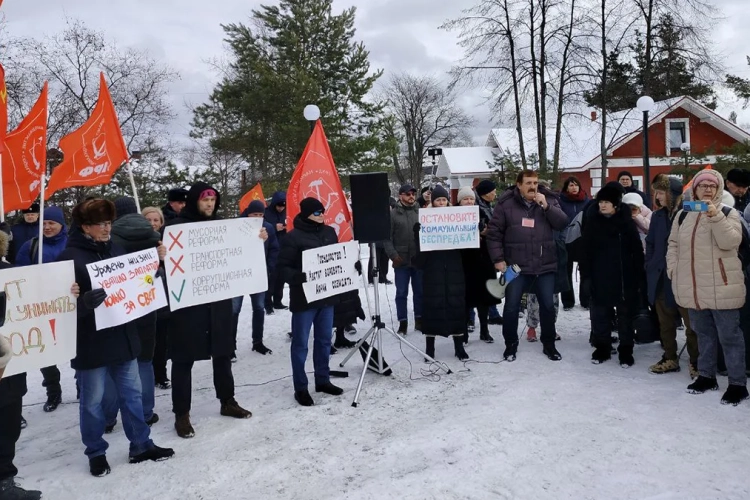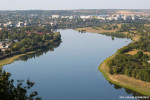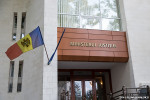
Protests have erupted in several Russian regions due to a sharp increase in electricity bills — in some cases, they have risen several times over, reports IPN, citing "Novaya-Europa."
The cause of the situation lies in the increased "dynamic" tariffs approved by the government in November 2024. The price hike has primarily affected those who use electric heating.
In the Irkutsk region, differentiated tariffs, where the cost of electricity depends on the volume of consumption, were introduced on July 1, 2024.
Federal authorities explained that the prolonged use of cheap electricity made the Irkutsk region attractive to illegal cryptocurrency miners. Due to their activities, power grids became overloaded, leading to accidents and power outages in certain areas. However, local authorities opposed the federal stance, highlighting that residents of the Irkutsk region widely use electric heating.
On February 22, a rally was held in Irkutsk to demand the cancellation of the differentiated electricity tariff — the event was approved by the city administration. According to IrCity, several hundred people attended the protest.
In Karelia, differentiated tariffs were introduced on January 1, 2024.
Since January 1, 2025, tariffs have been reviewed based on consumption volumes and housing types, leading to public dissatisfaction. As a result, authorities temporarily reduced fees for private homeowners, but only until June 1, 2025.
The head of the Committee on Prices and Tariffs, Stanislav Khazanovich, emphasized that electricity tariffs in Karelia remain "among the lowest" in the Northwestern regions, with the exception of Murmansk.
Despite this, on February 21, a sanctioned rally against rising electricity tariffs took place in Petrozavodsk. Several hundred people publicly demanded a review of utility tariffs, the establishment of a maximum payment threshold of 10% of family income, as well as the resignation of Petrozavodsk Mayor Inna Kolykhmatova and Karelia Governor Artur Parfenchikov.
Differentiated electricity tariffs in Primorsky Krai were introduced in July 2024 with three consumption ranges, with the upper limit set at approximately 11,170 kWh. On January 1, 2025, according to a Russian government decree, these tariffs were revised.
Local residents have not yet taken to the streets, but they have launched a petition to reduce tariffs, gathering nearly seven thousand signatures. In the petition, they expressed rightful indignation that people must pay significantly more because "gray-market miners are extracting cryptocurrency, and this cannot be controlled by any other means."












